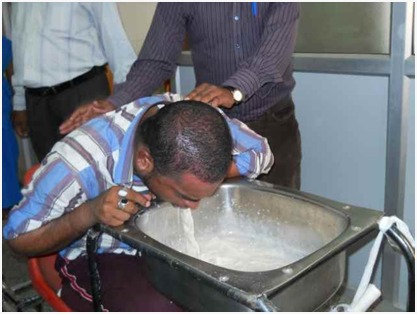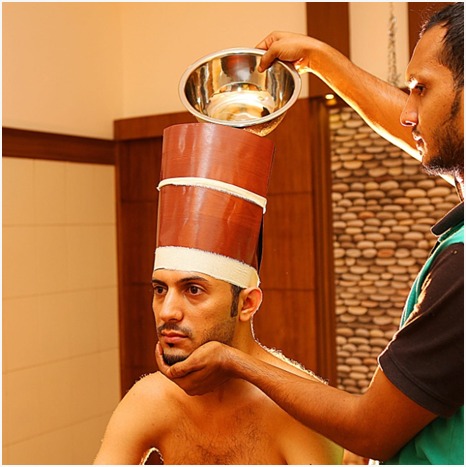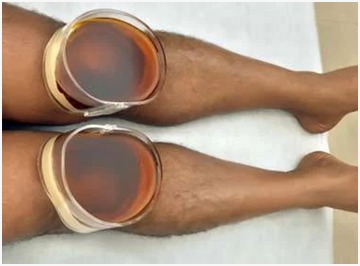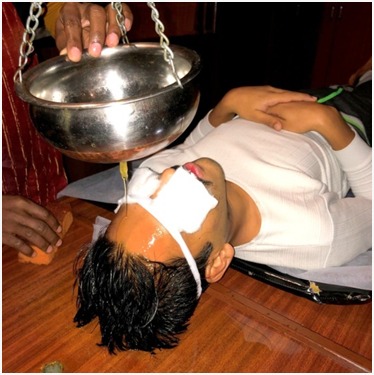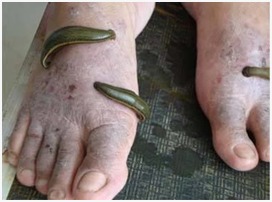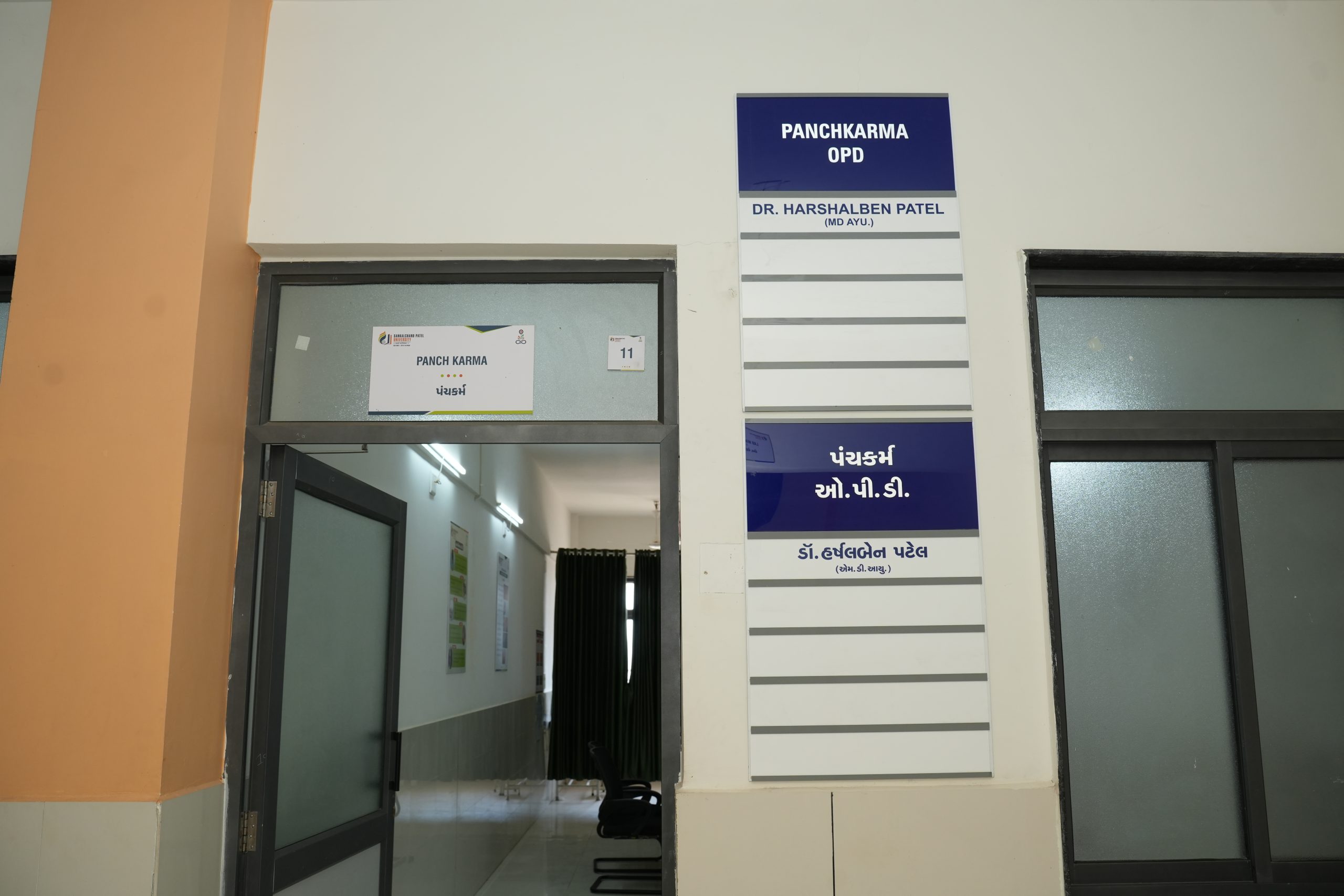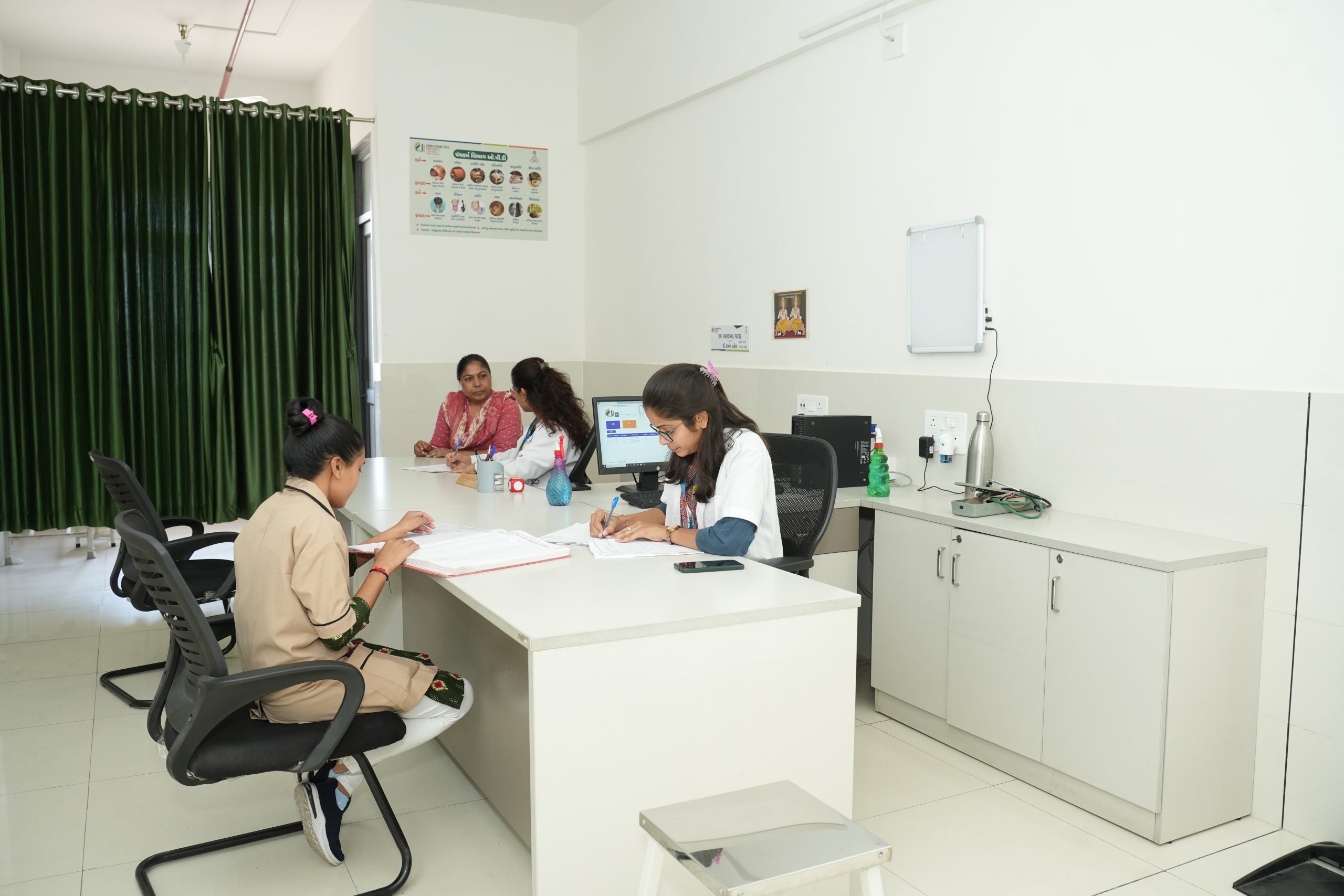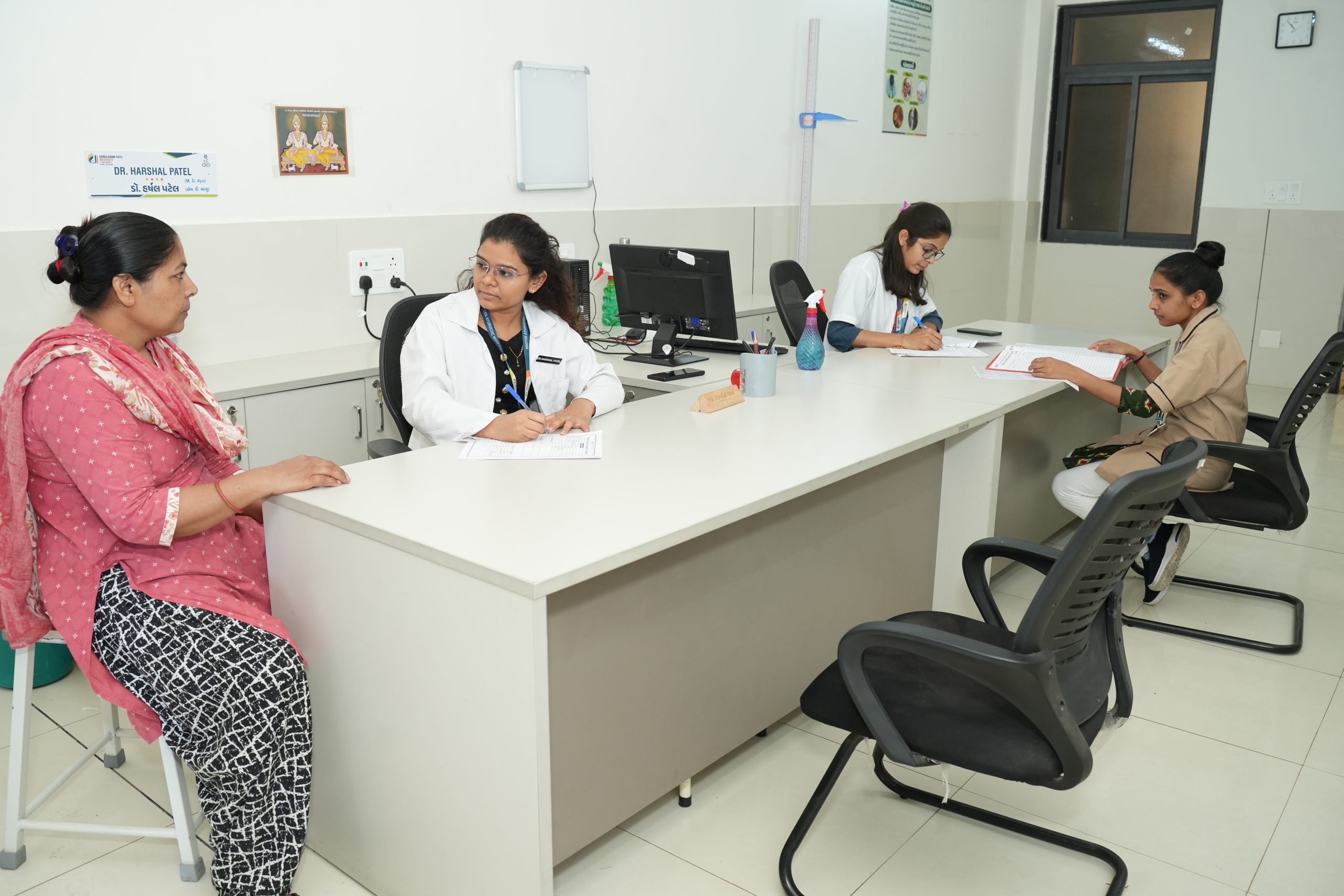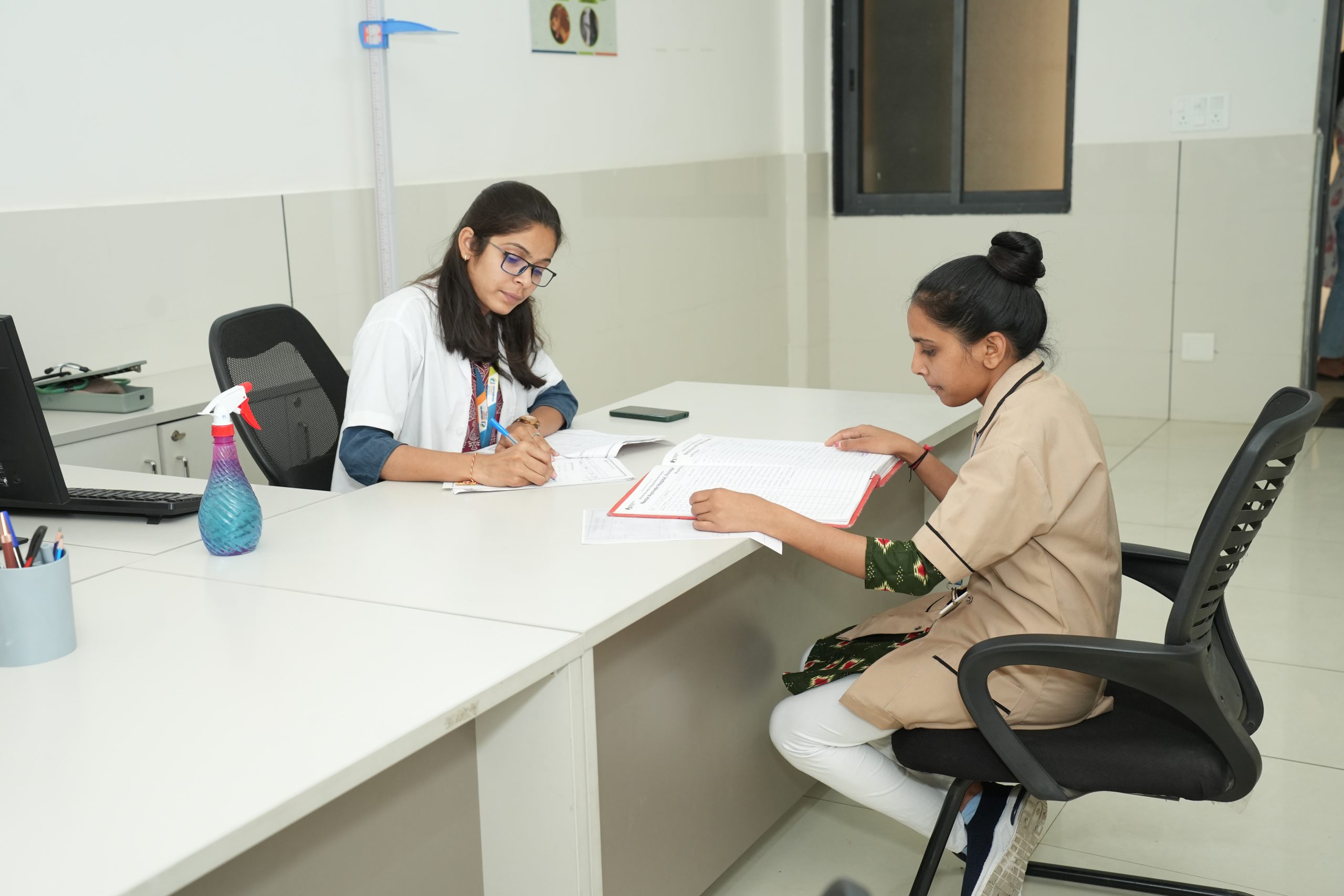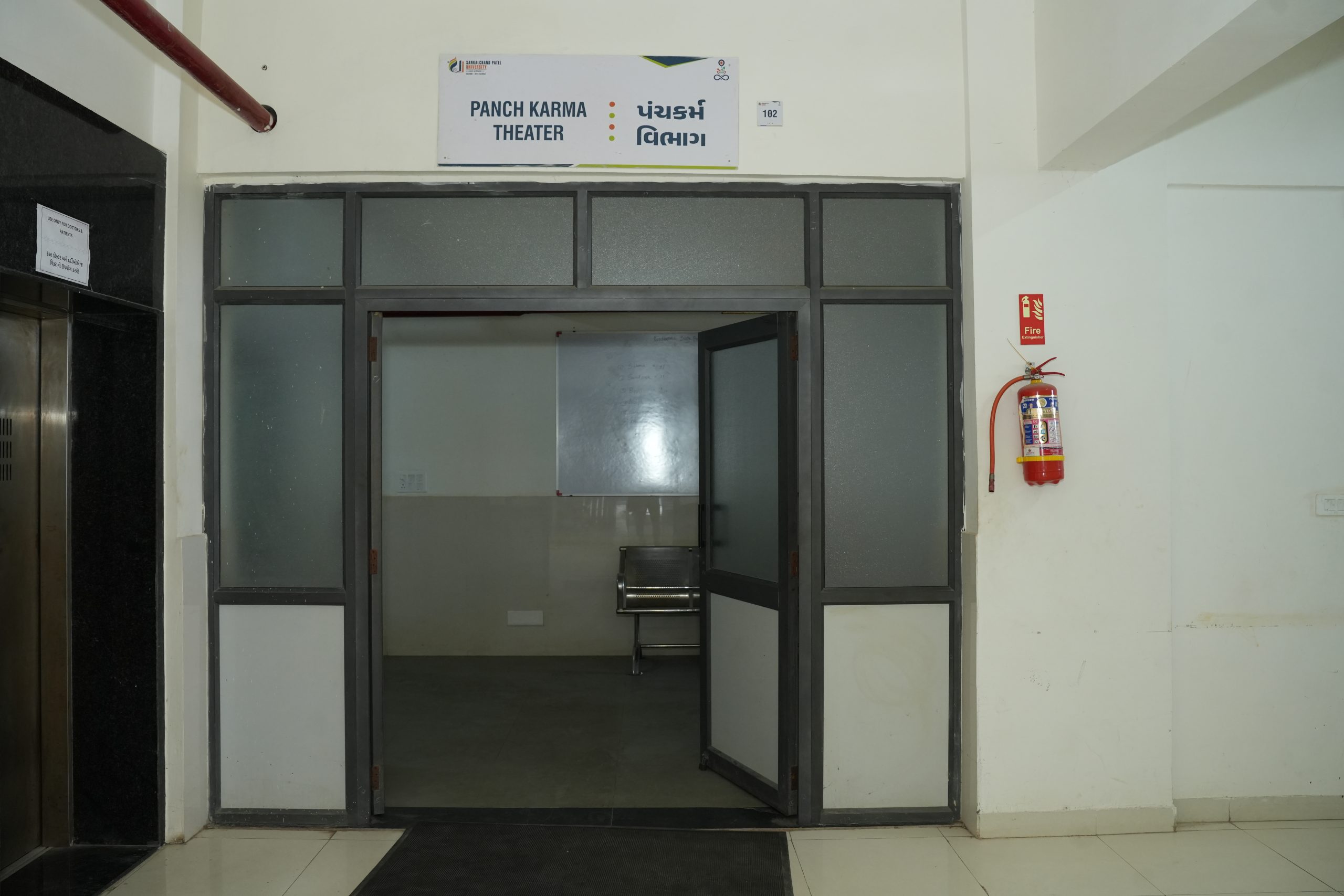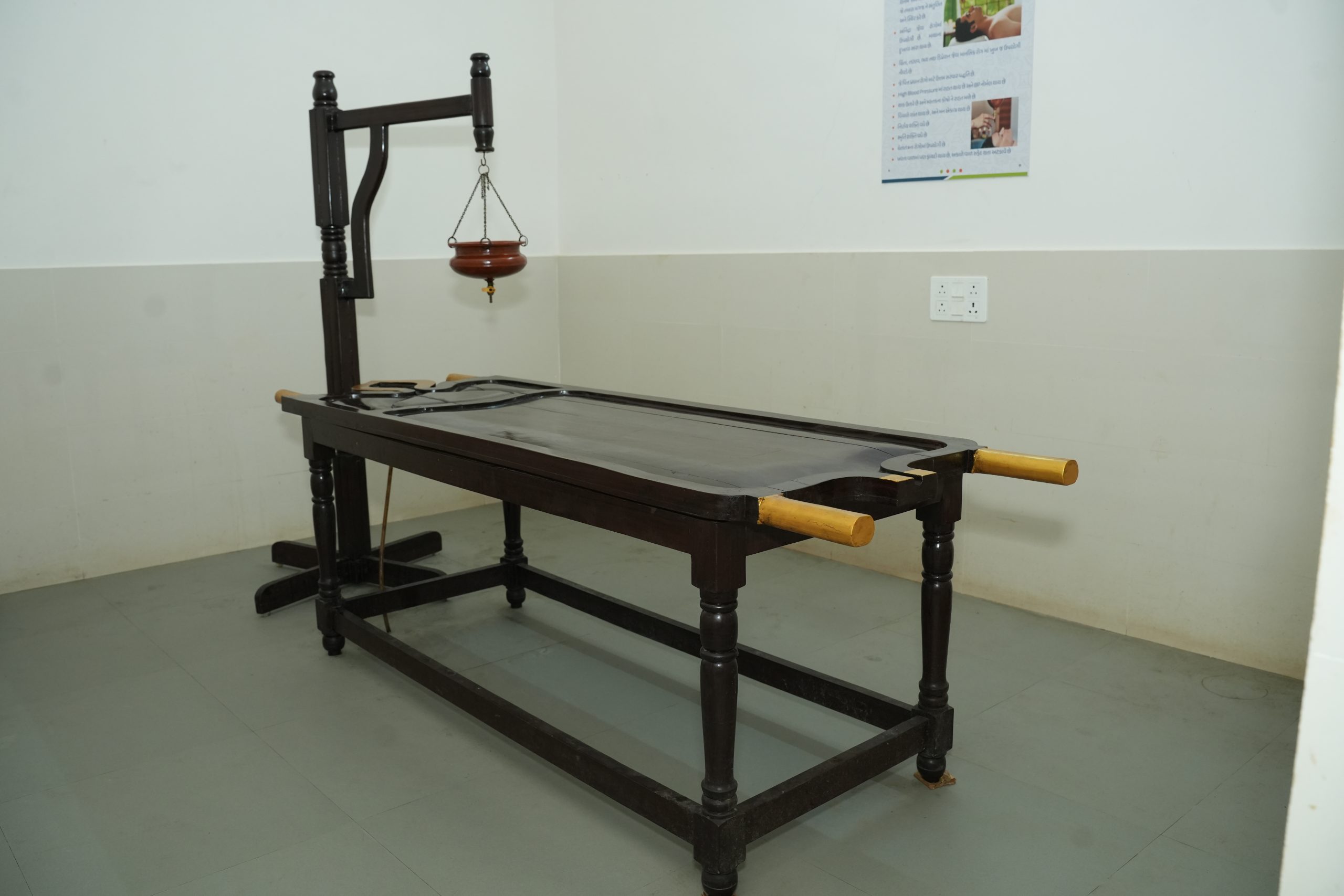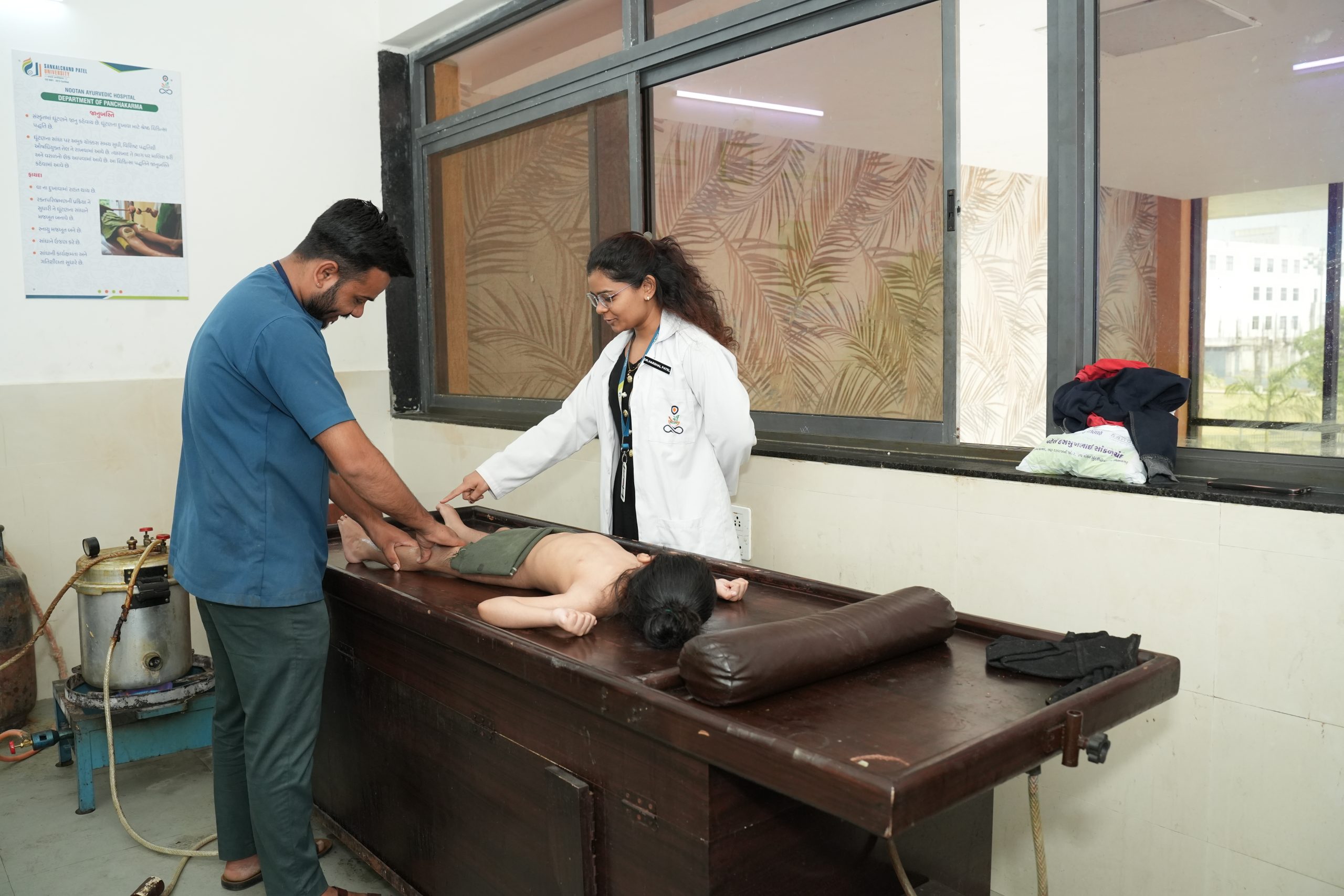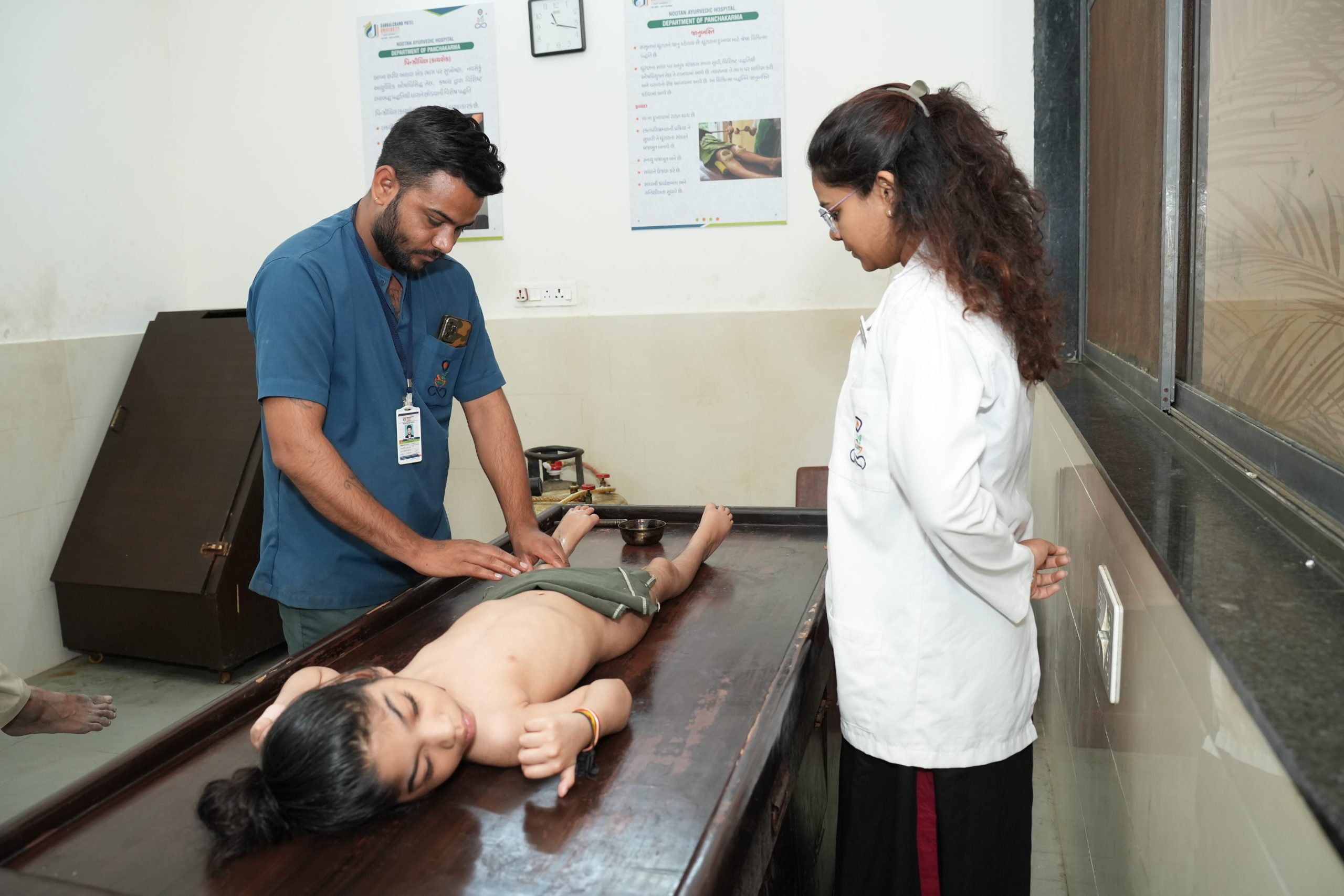PANCHKARMA
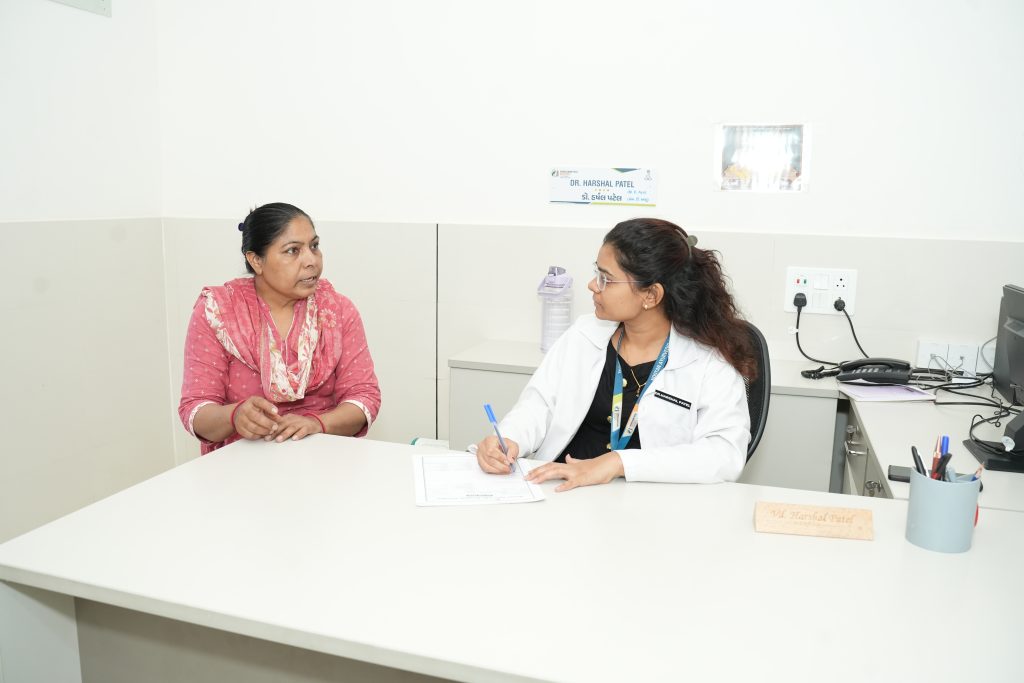
Dr. Harshalben R Patel
Panchakarma is a therapeutic modality in Ayurveda that is focused on the elimination of toxins and the restoration of balance and harmony within the body. The Panchakarma department in Ayurveda is a specialized branch that deals with the administration of Panchakarma treatments to patients.
The word “Panchakarma” comes from the Sanskrit words “pancha” meaning five, and “karma” meaning actions. The five actions involved in Panchakarma are Vamana (emesis), Virechana (purgation), Basti (medicated enema), Nasya (nasal medication), and Raktamokshana (bloodletting). These actions are designed to cleanse and detoxify the body at a deep level, remove blockages, and restore the body’s natural balance.
The Panchakarma department in Ayurveda is responsible for administering these treatments to patients based on their specific needs and health conditions. The department is staffed by qualified and experienced Ayurvedic physicians and therapists who are trained in the various Panchakarma procedures and techniques.
The Panchakarma treatments are customized to the needs of each patient, depending on their health status, dosha imbalance, and overall constitution. Before undergoing any Panchakarma treatment, patients undergo a thorough examination and consultation with an Ayurvedic physician to determine their eligibility and suitability for the treatment.
Some of the Panchakarma treatments that may be administered in the Panchakarma department include:
Abhyanga: A full-body massage with warm medicated oil that helps to relax the muscles, improve circulation, and eliminate toxins from the body.
Swedana: A herbal steam therapy that helps to open the pores, promote sweating, and eliminate toxins from the body.
Vamana: An emetic therapy that involves the administration of herbal medicines to induce vomiting and eliminate toxins from the upper respiratory tract and stomach.
Virechana: A purgative therapy that involves the administration of herbal medicines to induce bowel movements and eliminate toxins from the lower digestive tract.
Basti: A medicated enema therapy that helps to eliminate toxins from the colon and improve the digestive system.
Nasya: A nasal therapy that involves the administration of medicated oils and herbs to the nasal passages to eliminate toxins from the head and neck region.
Raktamokshana: A bloodletting therapy that helps to remove excess toxins and impurities from the blood.
In conclusion, the Panchakarma department in Ayurveda is a specialized branch that focuses on the administration of Panchakarma treatments to patients. The department is staffed by qualified and experienced Ayurvedic physicians and therapists who are trained in the various Panchakarma procedures and techniques. The treatments are customized to the needs of each patient and are designed to cleanse and detoxify the body at a deep level, remove blockages, and restore the body’s natural balance.
